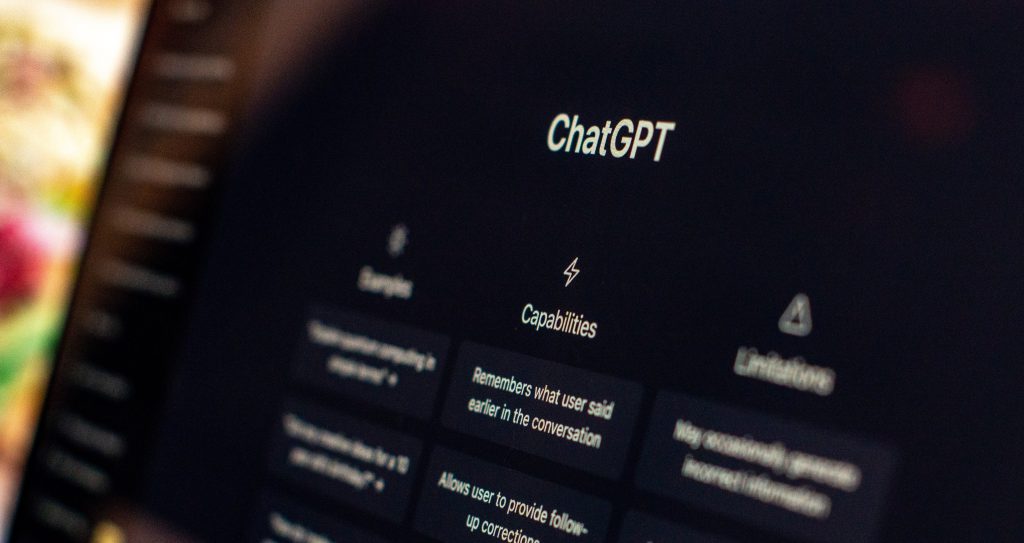Author: Maria Wiktorsson, KS vice dean for education and interim pro dean.
We are now four weeks into the term and even though temperatures are still high, I feel autumn is definitely in the air. We are now also beginning to get more stable statistics on student numbers for the year.
As Annika wrote in the last KS Fakultetsnytt, we have seen a record number of students enrolling this autumn. And according to the current prognoses it looks like the increased numbers means that we can reach, or at least come very close to reaching, our ‘target’ student numbers for the year. This is important financially, but of course our most important priority, as always, is to maintain high quality in our educations.
Overall, our programmes have done very well in the review system with external experts that is part of the quality framework for education at Malmö university. We are now nearing the end of the first cycle of this system and many of our programmes have already been evaluated. This spring, Statsvetenskap: Politik, organisation och ledning at GPS was reviewed and awarded ‘high quality’. Now preparations are underway for the three programme reviews which are taking place during autumn 2023:
· Visuell kommunikation (K3)
· Political science: Global politics and societal change, Master’s programme (GPS)
· Stadsbyggnad, stadsutveckling och planering (US)
We are also working with a UKÄ (the Swedish Higher Education Authority) evaluation of real estate educations that includes our programme Fastighetsförmedling. As Fastighetsförmedling was also reviewed recently as part of the Malmö university review system, it will be interesting to compare the outcome of the UKÄ evaluation with the earlier evaluation.

AI and higher education is, as you are all aware, an issue that has been intensively discussed since Open AI released a free version of ChatGPT-3 at the end of last year. The generative capacity of this and many, many other AI tools (futurepedia.io) currently lists more than 5000 different ones) will make it necessary to think differently about teaching and examination. At Malmö university, the CAKL Training Camp in August was devoted to the theme ‘Learning and AI’. (The presentations are available here). The annual Malmö university conference on educational quality (Kvalitetsforum) will have the theme ‘AI and academic integrity’. (This will take place on 23 November). The Advisory Board for Education (BU) has made AI and education a prioritized issue for the coming year. Further, university guidelines are being created to support teachers in developing examinations in this new world of generative AI, and the KS board of education (UN) is discussing how to formulate examination forms in syllabi to, for instance, allow oral forms to complement written forms. So, a lot is going on in this area right now, and more will follow.
I have written before about a suggested new framework for how we organize our first- and second-cycle educations at the faculty in order to enable increased collaboration, including around elective courses. This framework aims to support the development formulated in the ‘Agenda for coherent and boundary-crossing academic environments’ at the faculty and is now being discussed in different fora in preparation for a dean decision later this term.
All for now!
Best wishes,
Maria
